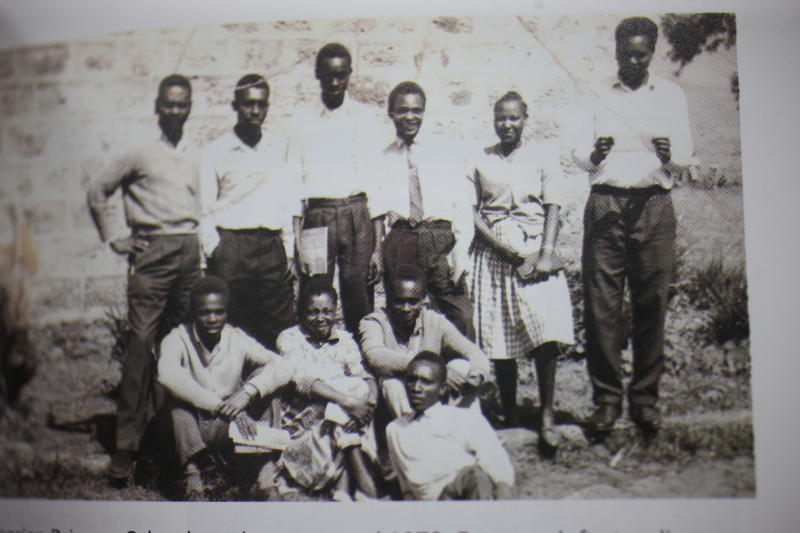×
The Standard e-Paper
Join Thousands Daily

Some 66 years ago, teacher training colleges literally went hunting for trainees in remote areas.
On this particular day in May 1955, an enterprising Maasai moran, Shompole ole Leroka was grazing his cows along the Nairobi-Magadi Road when Father James Barrett, who was the headmaster of St Mary’s School in Muthangari, happened to drive past. He was pleasantly surprised to learn that the herdsman could speak English.